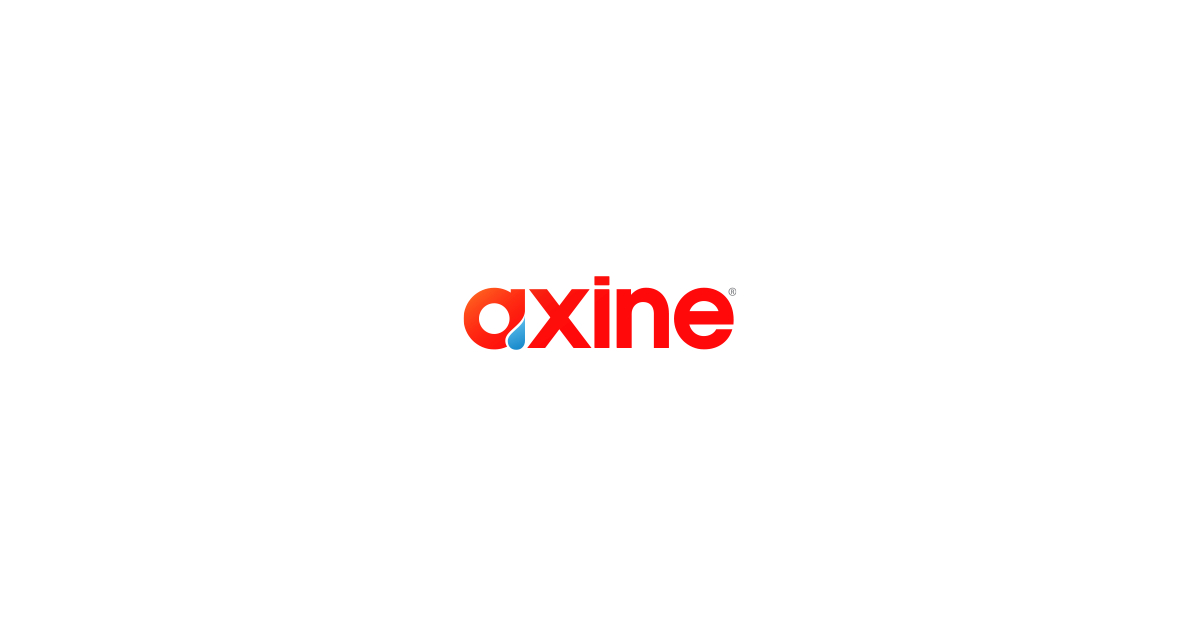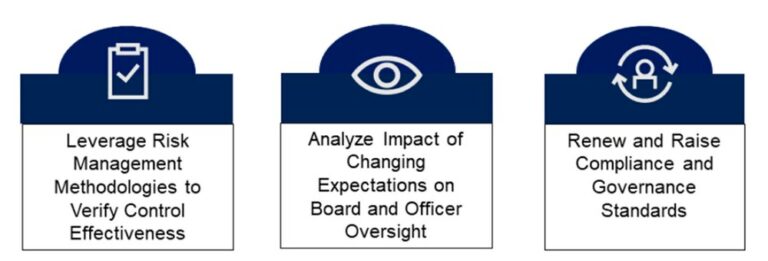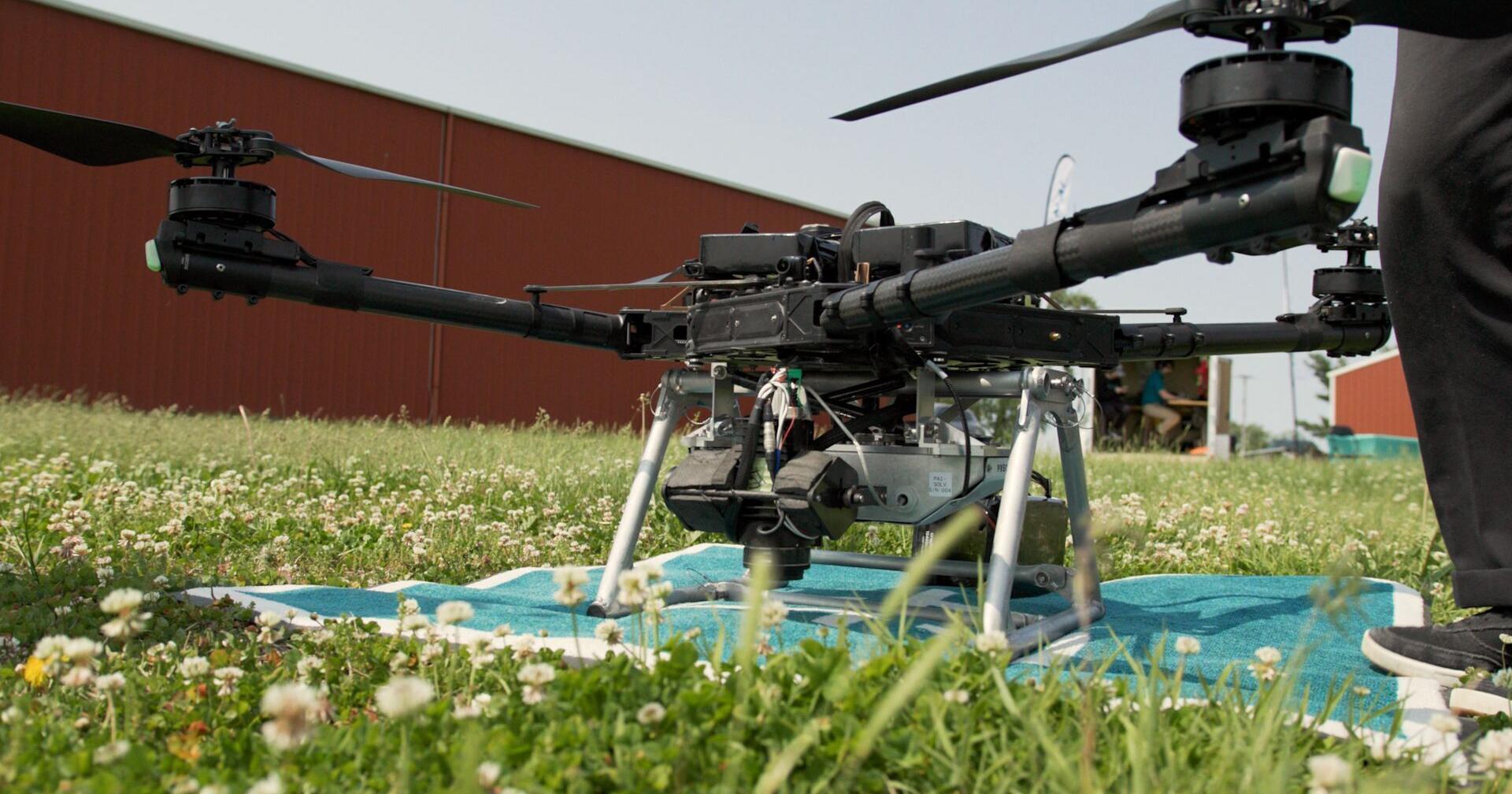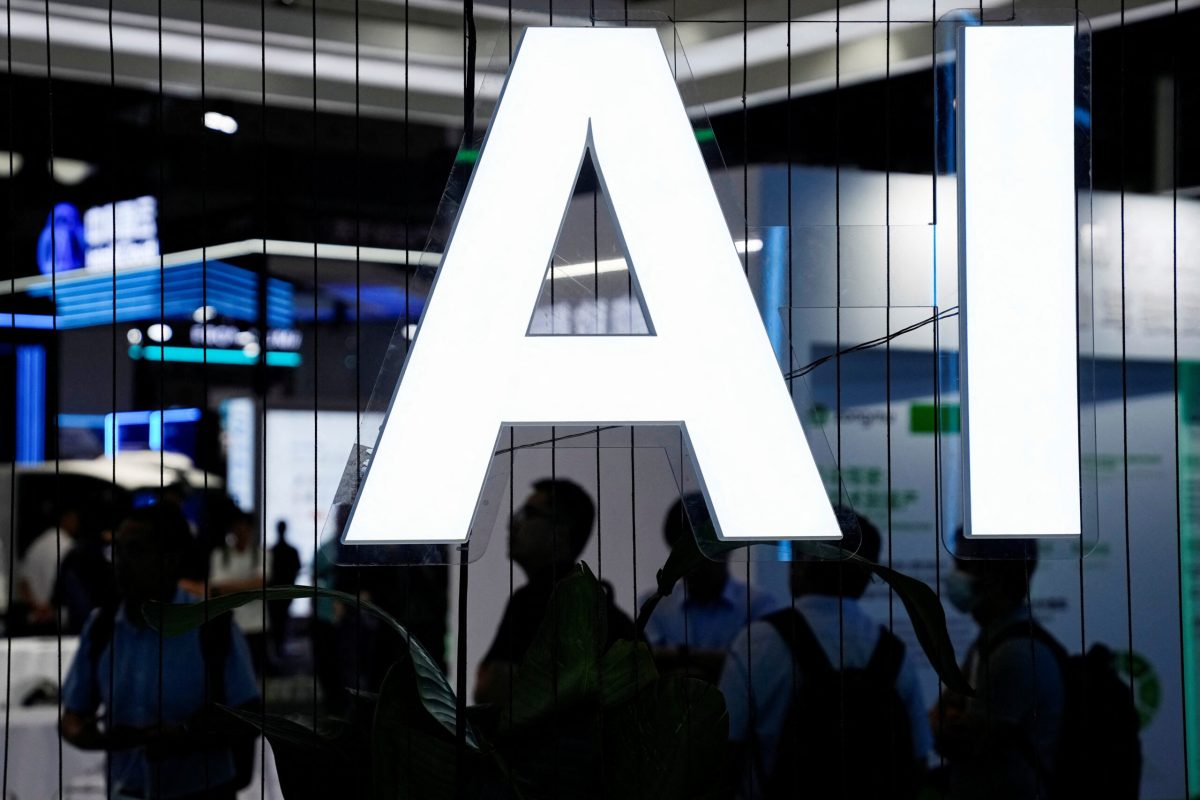Digital transformation is a top business priority, with 74 percent of companies putting it on the top of their lists of new technology initiatives.
But transformation alone isn’t enough. Organizations must also consider the impact of technology on environmental, social, and financial bottom lines to create sustainable digital environments. Here’s what that means and how to achieve it.
What Does Digital Sustainability Really Mean?
Digital sustainability includes considering the environmental impacts of an organization’s technology, of course. But today, leaders are also factoring social and financial factors into their understanding of sustainability. That way of thinking is new, says Robert DeVito, global director of Chrome customer and partner sales engineering at Google.
“Two years ago, people assumed sustainability meant the environment,” DeVito says. “Now it encompasses all aspects of digital transformation.”
The goal of digital sustainability is to create a self-reinforcing system that facilitates success across all three components. For example, if companies can reuse older devices by equipping them with modern collaboration and security features — and spend less money doing so than they would be replacing them — that’s a sustainability win.
Google helps companies achieve this goal with ChromeOS and ChromeOS Flex, a cloud-based version of the ChromeOS operating system that can be installed on Apple and Microsoft devices using a 16-gigabyte USB. “You simply plug it in, go into the BIOS, and boot to the USB,” says DeVito. “This gives you two options: Wipe away the prior OS and replace it with ChromeOS, or just try ChromeOS on the USB.”
Two years ago, people assumed sustainability meant the environment. Now it encompasses all aspects of digital transformation.”
Robert DeVito Global Director of Chrome Customer and Partner Sales Engineering, Google
What Does Digital Sustainability Success Look Like?
Ideal business outcomes are no longer measured by profitability alone. Instead, Google sees success as a triple bottom line that can be measured with environmental, social, and financial metrics.
- Environmental: “From an environmental perspective, we’re very lightweight,” DeVito says of the Chrome line. “ChromeOS Flex is cloud-based and offers reduced power consumption.” This allows companies to reduce e-waste by wiping the existing OS layer on old hardware and layering ChromeOS on top. Enterprises can also choose to make the move from legacy hardware to newer Chromebooks. Chromebooks can use 46 percent less energy than similar devices, according to Google.
- Social: Because ChromeOS Flex is cloud-based, everything is synced in the cloud. According to DeVito, “This lets companies offer a device that allows people to work where and when they want while still ensuring integrity and confidentiality.” ChromeOS also offers support for staff who have vision or hearing impairments, and Google has an ecosystem of applications and peripherals to help ensure employees are comfortable and productive.
- Financial: “The overall cost of a Chromebook is less than comparable devices,” notes DeVito. “ChromeOS doesn’t require lots of RAM or quad-core processors.” Using legacy devices with ChromeOS Flex, meanwhile, can help companies reduce total hardware costs.
DISCOVER: How Chrome OS foils ransomware in hybrid work environments.
Enhancing Security as You Grow Sustainably
Enhanced security also limits costs. “Architecturally, we’re a read-only OS,” says DeVito. “This means attackers can’t run .exe files, and IT teams can easily segment users from one another. We’ve had no known ransomware attacks.” Fewer security risks mean reduced spending to mitigate these risks.
While Chromebooks, ChromeOS, and ChromeOS Flex set the stage for digital sustainability, success requires adoption at scale. “This is where partners come in,” says DeVito. “They can help companies manage these services and streamline implementation.”
NEXT UP: Learn about the key benefits of Parallels for Chromebook Enterprise.
ChromeOS is ideal for most business use cases, DeVito says: “ChromeOS offers the best of all worlds. You can leverage older devices to reduce e-waste or buy newer devices for cheaper. You can offer devices that allow people to work where and when they want while ensuring you maintain integrity and confidentiality.”






